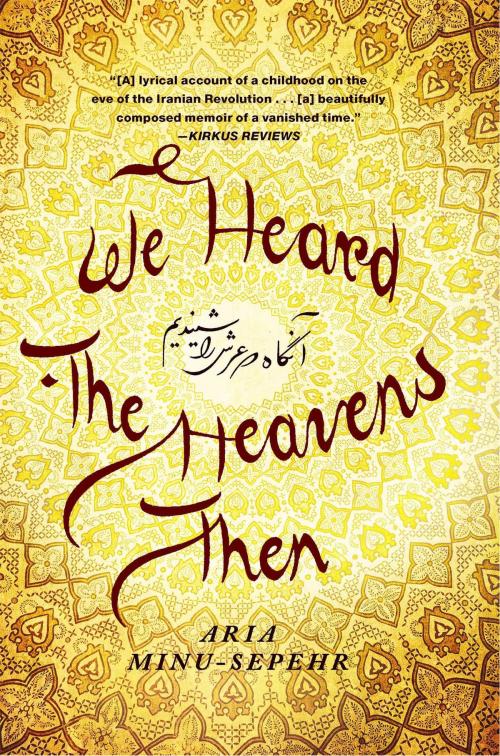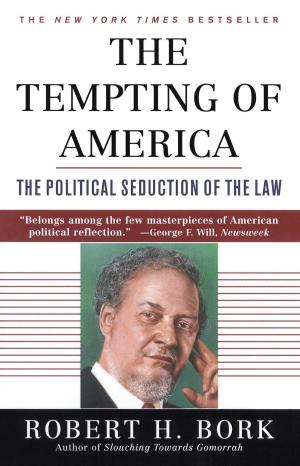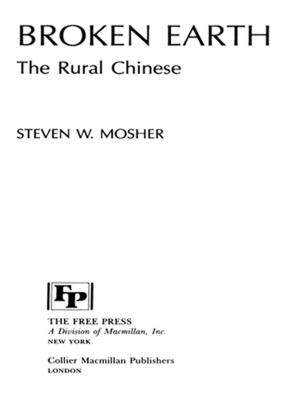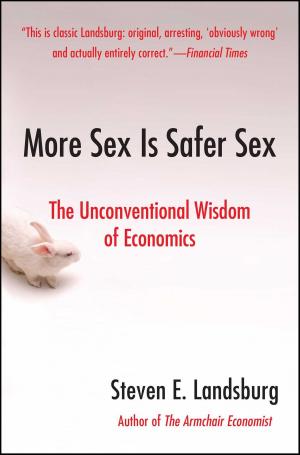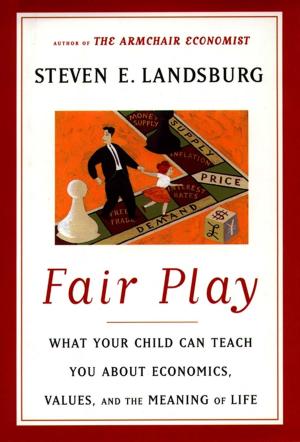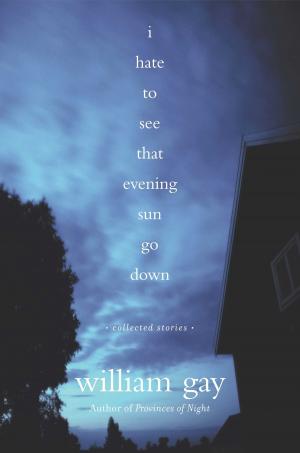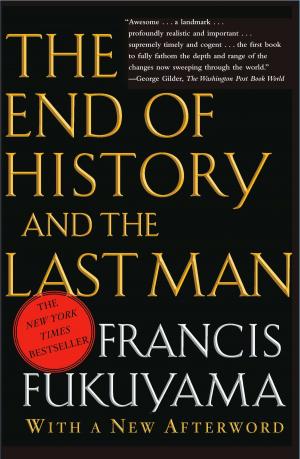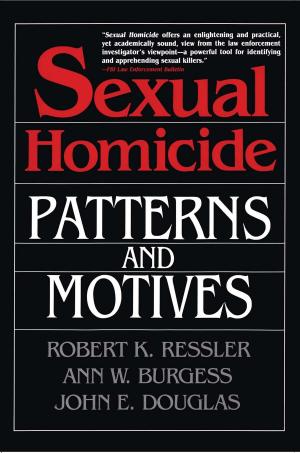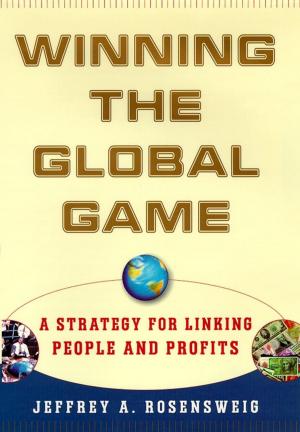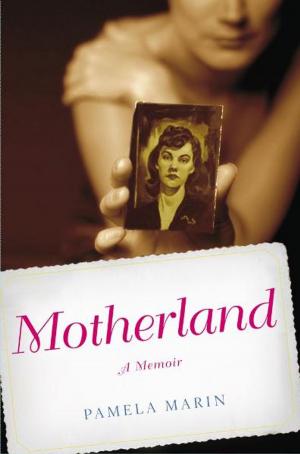| Author: | Aria Minu-Sepehr | ISBN: | 9781451652215 |
| Publisher: | Free Press | Publication: | April 10, 2012 |
| Imprint: | Free Press | Language: | English |
| Author: | Aria Minu-Sepehr |
| ISBN: | 9781451652215 |
| Publisher: | Free Press |
| Publication: | April 10, 2012 |
| Imprint: | Free Press |
| Language: | English |
ARIA MINU-SEPEHR was raised in a sheltered world of extraordinary privilege as the son of a major general in the Shah’s Imperial Iranian Air Force. It seemed his father could do anything—lead the Golden Crowns in death-defying aerobatic maneuvers; command an air force unit using top American technology; commission a lake to be built on a desert military base, for waterskiing. When Aria was eight, “Baba” built him a dune buggy so he could explore the desert; by ten, the boy handled the controls of a Beechcraft Bonanza while his father napped in the copilot’s seat. Aria moved easily between the two distinct worlds that existed under his family’s roof—a division that mirrored the nation’s own deep and brooding divide. He was as comfortable at the lavish cocktail parties his parents threw for Iran’s elite as he was running amok in the kitchen where his beloved nanny grumbled about the whiskey drinking, French ham, and miniskirts.
The 1970s were the end result of half a century of Westernization in Iran, and Aria’s father was the man of the hour. But when the Shah was overthrown and the Ayatollah rose to power in 1979, Aria’s idyllic life skidded to a halt. Days spent practicing calligraphy in his father’s embrace, lovingly torturing his nanny, and watching Sesame Street after school were suddenly infused with fears that the militia would invade his home, that he himself could be kidnapped, or that he would have to fire a gun to save Baba’s life. As the surreal began to invade the mundane, with family friends disappearing every day and resources growing scarce, Aria found himself torn between being the man of the house and being a much needed source of comic relief. His antics shone a bright light for his family, showing them how to escape, if only momentarily, the grief and horror that a vengeful revolution brought into their lives.
We Heard the Heavens Then is a deeply moving story told from two vantage points: a boy growing up faster than any child should, observing and recoiling in the moment, and the adult who is dedicated to a measured assessment of the events that shaped him. In this tightly focused memoir, Aria Minu- Sepehr takes us back through his explosive youth, into the heart of the revolution when a boy’s hero, held up as the nation’s pride, became a hunted man.
ARIA MINU-SEPEHR was raised in a sheltered world of extraordinary privilege as the son of a major general in the Shah’s Imperial Iranian Air Force. It seemed his father could do anything—lead the Golden Crowns in death-defying aerobatic maneuvers; command an air force unit using top American technology; commission a lake to be built on a desert military base, for waterskiing. When Aria was eight, “Baba” built him a dune buggy so he could explore the desert; by ten, the boy handled the controls of a Beechcraft Bonanza while his father napped in the copilot’s seat. Aria moved easily between the two distinct worlds that existed under his family’s roof—a division that mirrored the nation’s own deep and brooding divide. He was as comfortable at the lavish cocktail parties his parents threw for Iran’s elite as he was running amok in the kitchen where his beloved nanny grumbled about the whiskey drinking, French ham, and miniskirts.
The 1970s were the end result of half a century of Westernization in Iran, and Aria’s father was the man of the hour. But when the Shah was overthrown and the Ayatollah rose to power in 1979, Aria’s idyllic life skidded to a halt. Days spent practicing calligraphy in his father’s embrace, lovingly torturing his nanny, and watching Sesame Street after school were suddenly infused with fears that the militia would invade his home, that he himself could be kidnapped, or that he would have to fire a gun to save Baba’s life. As the surreal began to invade the mundane, with family friends disappearing every day and resources growing scarce, Aria found himself torn between being the man of the house and being a much needed source of comic relief. His antics shone a bright light for his family, showing them how to escape, if only momentarily, the grief and horror that a vengeful revolution brought into their lives.
We Heard the Heavens Then is a deeply moving story told from two vantage points: a boy growing up faster than any child should, observing and recoiling in the moment, and the adult who is dedicated to a measured assessment of the events that shaped him. In this tightly focused memoir, Aria Minu- Sepehr takes us back through his explosive youth, into the heart of the revolution when a boy’s hero, held up as the nation’s pride, became a hunted man.
